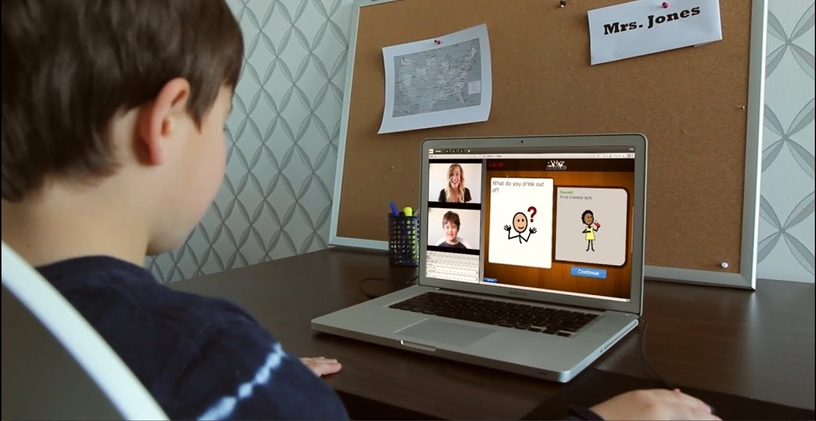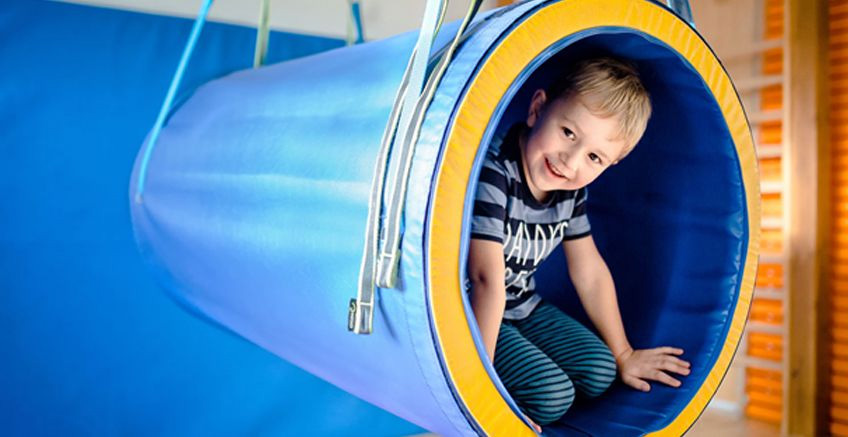Tips For Parents for a Positive Parent Child Relationship

Parenting is the most fulfilling job that we will ever have, but it’s not without its challenges. Modern family life can be stressful and with various pressures on families, it’s not always easy. Ultimately, parents want what is best for their child and a strong parent-child relationship can help lead to better outcomes for children.
Why is a Positive Parent-Child Relationship Important?
The Parent-Child Relationship is one that nurtures the physical, emotional, and social development of the child. It is a unique bond that every child and parent will enjoy and nurture. This relationship lays the foundation for the child’s personality, life choices and overall behavior. It can also affect the strength of their social, physical, mental, and emotional health.
Some of the benefits include:
- Young children who grow with a secure and healthy attachment to their parents stand a better chance of developing happy and content relationships with others in their life.
- A child who has a secure relationship with a parent learns to regulate emotions under stress and in difficult situations.
- Promotes the child’s mental, linguistic, and emotional development.
- Helps the child exhibit optimistic and confident social behaviors.
- Healthy parent involvement and intervention in the child’s day-to-day life lay the foundation for better social and academic skills.
- A secure attachment leads to healthy social, emotional, cognitive, and motivational development. Children also gain strong problem-solving skills when they have a positive relationship with their parents.
Parenting Style – Positive Parenting
There is no “one-size-fits-all” when it comes to parenting, we change and adapt as our children grow. However, following some simple positive parenting tips can help when it comes to your relationship with your child.
- Warm, loving interactions: Treat every interaction as an opportunity to connect with your child. Be warm in your expressions, give eye connect, smile and encourage interaction.
- Have boundaries, rules & consequences: Children need structure and guidance. Talk to your children about what you expect of them and make sure they understand.
- Listen and empathize with your child: Acknowledge your child’s feelings, show them you understand, and reassure that you are there to help them whenever they have problems.
- Problem Solving: Help your child to problem-solve. Be a good role model and show them how to behave through your own actions. When you work with your children to find solutions they learn how to deal with difficulties in an appropriate way.
- Strengthening the Parent-Child Relationship: Forming a connection with your child is important to developing a strong parent-child relationship. Here are some tips to help with strengthening your relationship with your children.
- Tell your child you love them: Of course, you love your children but tell them every day, no matter what age they are. Even on difficult days let your child know you didn’t like the behavior but you love them unconditionally. A simple “I love you” can do a lot to strengthen a relationship.
- Play together: Play is so important to children’s development. Young children can develop many skills through the power of play. As well as it being fun and helping you develop your relationship with your child, it can help children’s language skills, emotions, creativity and social skills.
- Be Available: Make time to talk to your child without any distractions, even 10 minutes a day can make a big difference in establishing good communication habits. Turn off the TV, put away technology and spend some quality time together.
- Eat meals together: Eating together as a family sets the stage for conversation. Encourage no technology at the table and enjoy each other’s company.
- Listen and empathise: Connection starts with listening. Try and see things from your child’s perspective and foster mutual respect.
- Spend one on one time with children: If you have more than one child try and make a point of spending individual time with each of them. Quality, individual time with your child can strengthen your bond, builds their self-esteem and lets them know they are valued.
Reference
This article was originally published by the Parenting NI website. You can check them out from this link.







